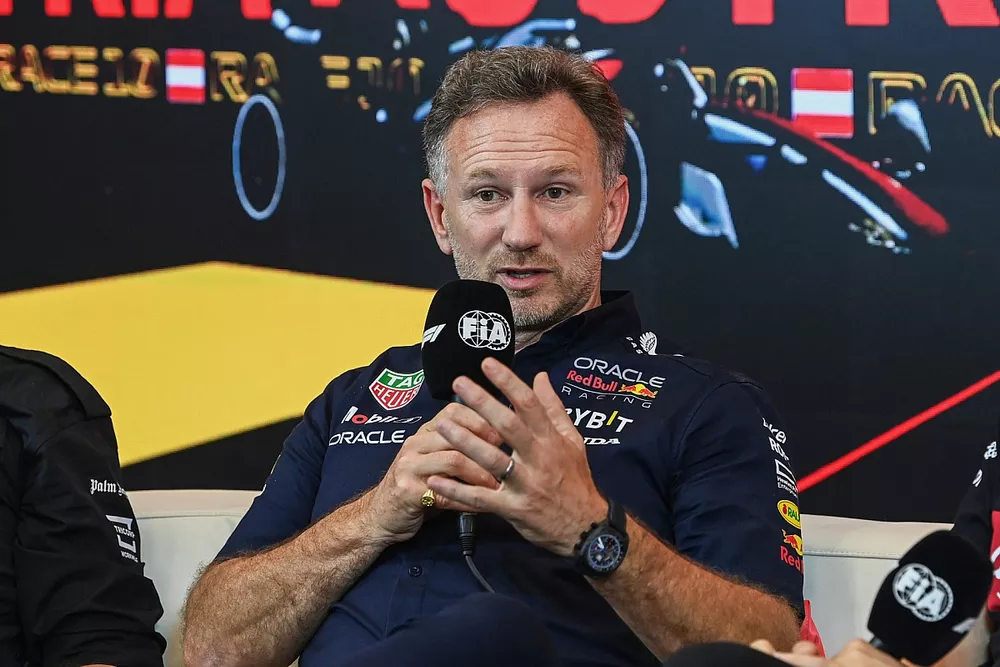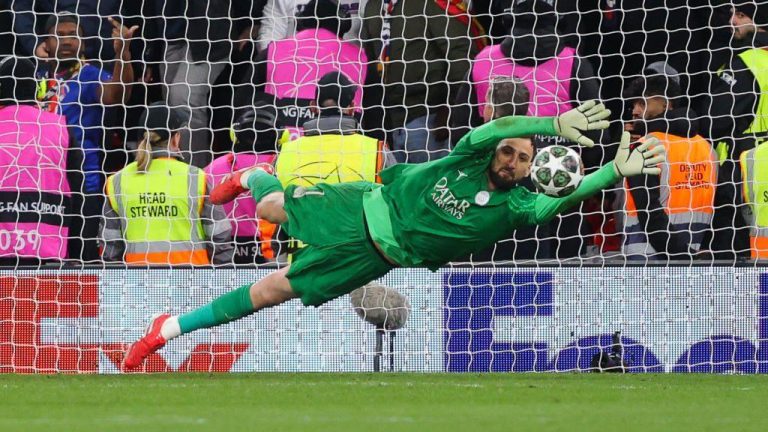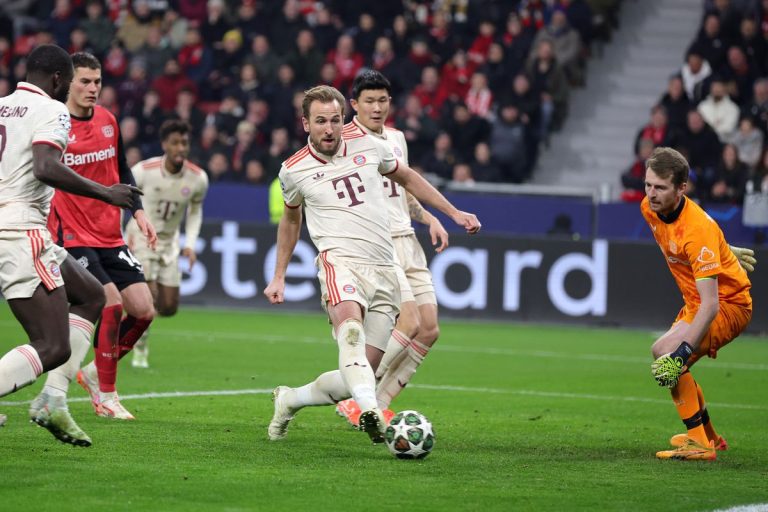Christian Horner, Red Bull Formula 1 team boss, asserts for “urgent attention” to avoid 2026 F1 disaster because of expected energy regulations.
Earlier, Autosport reported that F1 teams have asked FIA to revisit the impact of its 2026 car and engine regulations. The teams insisted on a thorough analysis of the regulations impact on the track.
FIA regulations in 2026 requires the teams to increase battery reliance to 50% between combustion and electric power. The teams are concerned regarding a possible backfire and leave cars unable to produce required energy.
However, FIA remains confident of the regulations and asked the teams to accept the change. Horner suggested to reduced electric power reliance.
“I think that perhaps where we need to pay urgent attention, before it’s too late, is to look at the ratio between combustion power and electrical power,” he said at the Austrian Grand Prix.
Read More: Allison says it is “Way too early to judge” F1 cost cap impact
“[We need] to ensure that we’re not creating a technical Frankenstein, which will require the chassis to compensate to such a degree with moveable aero and reduce the drag to such a level that the racing will be affected – and that there will be no tow effect and no DRS because effectively you’re running like that at all points in time.
“Plus, with the characteristics of these engines, that the combustion engine just doesn’t become a generator to recharge a battery.”
Horner does not asked for drastic change rather asked to lower the reliance by 5% only. He believes the suggestion could solve the problems. He insists it is crucial to get things right otherwise it might ruin the sport altogether.
“We still have two and a half years, and I think if there is a slight redress it would then create potentially a better platform for the chassis,” he said.
“Otherwise, the chassis regs that are undefined yet and uncommitted, we’re going to be trying to cater for those compromises.
“You have got to look at the thing holistically from both the technical point of view, and most importantly what is F1.
“F1 needs to be wheel-to-wheel racing. We can’t afford to lose that challenge and have drivers downshifting on the straights to regenerate batteries.
“I know the FIA taking it very seriously, and they’re looking at it very closely as the simulations become more advanced.”
















